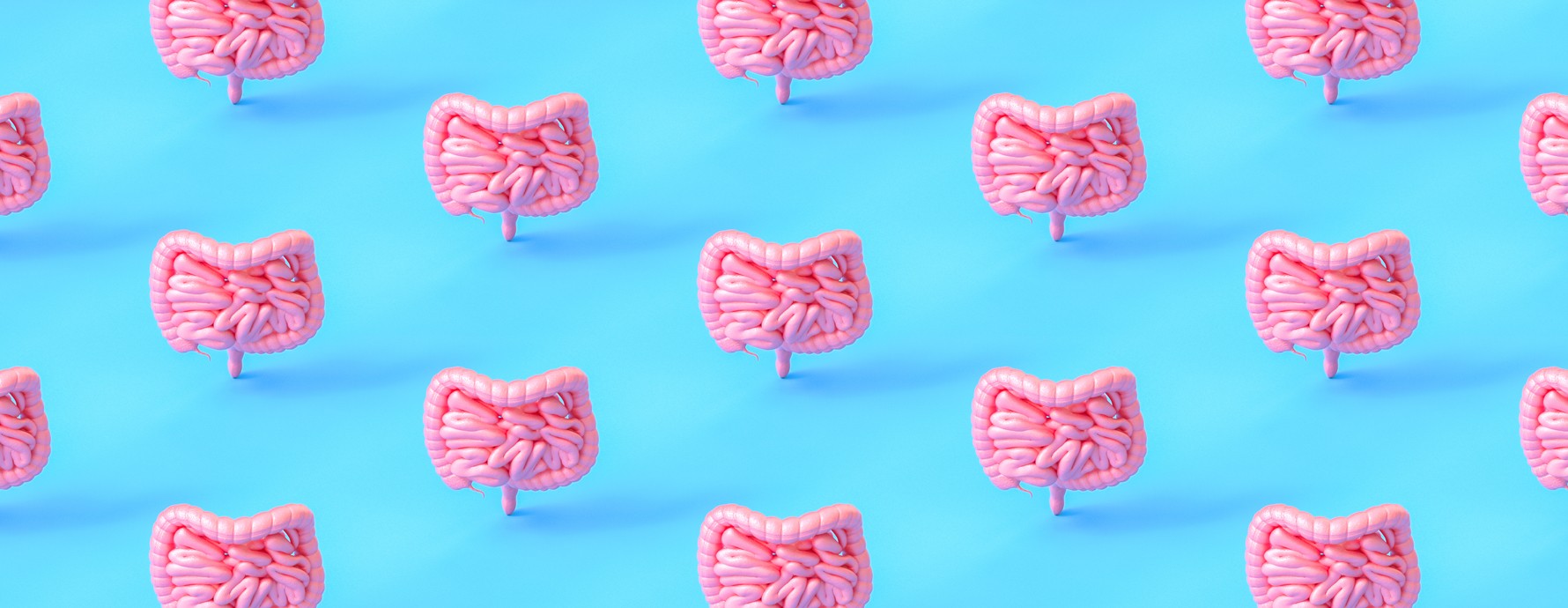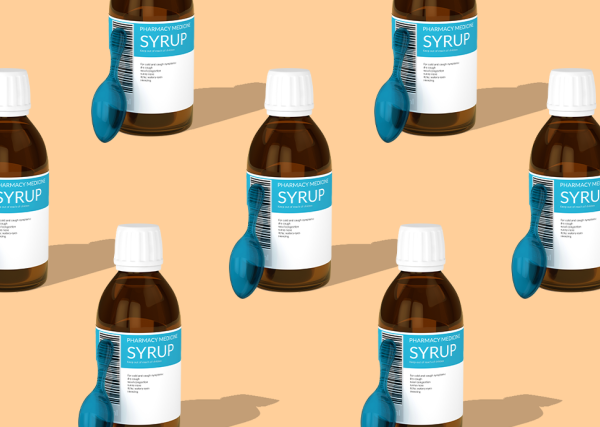what a healthy gut looks like.
4 ways your gut talks to you.
See a doctor now Create my account
From gurgling and growling to sloshing and gas, the symphony of sounds in your gut is telling you the story of your overall physical and mental health. Are you listening?
“All disease begins in the gut.” – Hippocrates
The father of modern medicine, Hippocrates, believed 2,000 years ago that all diseases began in the gut. While not entirely true, it was pretty insightful. Today, medical professionals are finding links between several chronic conditions and the gut microbiome (the 100 trillion microbes that make up your gut’s ecosystem and influence what happens in your body).
All these sounds signal whether your gut is healthy or not. It’s normal to hear and feel your gut doing its day-to-day business. However, digestive diseases are becoming more common, affecting one in five Americans.1 Here are four ways your gut tells you that everything’s okay or that maybe you should talk to a doctor:
- 1https://www.niddk.nih.gov/health-information/health-statistics/digestive-diseases
1. Rumbling/gurgling.
2. Burping.
3. Stomach pain/digestion issues.
If it sounds like you might be having digestive issues, get fast, reliable care from an MDLIVE board-certified doctor for conditions like acid reflux, constipation, diarrhea, gas, GERD, heartburn, and upset stomach. See what we treat here.
4. Gas.
Healthy tummy. Healthy mind. Did you know your gut contains more neurotransmitters than your brain? Referred to as your “second brain,” your gut produces 70 to 80 percent of your serotonin, which helps regulate mood. An unhealthy gut can lead to conditions like depression, anxiety, and other mood disorders.6
- 6https://www.ncbi.nlm.nih.gov/pmc/articles/PMC6389720/
Taking care of your gut is your first step to improving your overall physical and mental health. You can make your gut healthier by:
If you are feeling overwhelmed, stressed, or not like yourself, have an appointment with an MDLIVE mental health therapist in as little as one week.
Posted date: June 23, 2022




